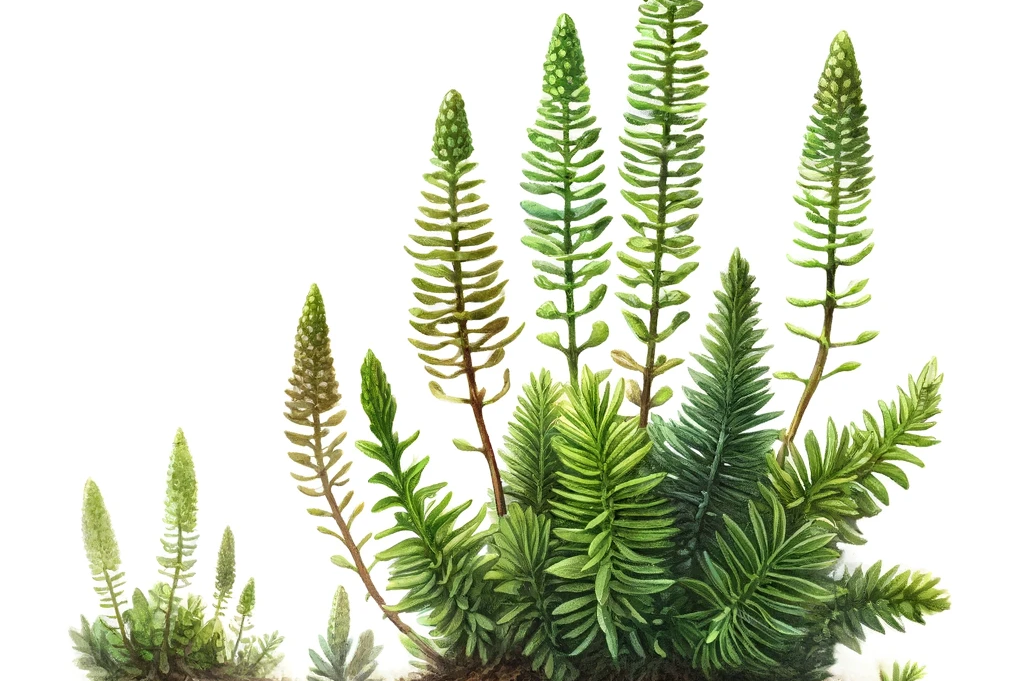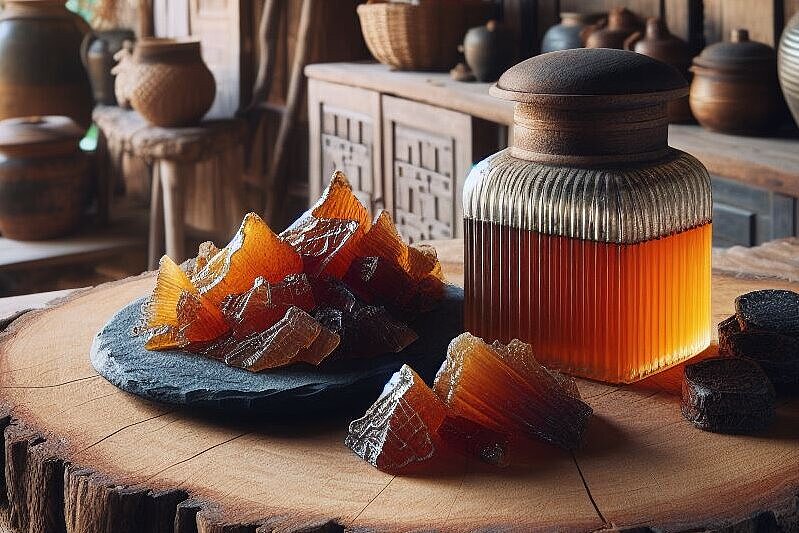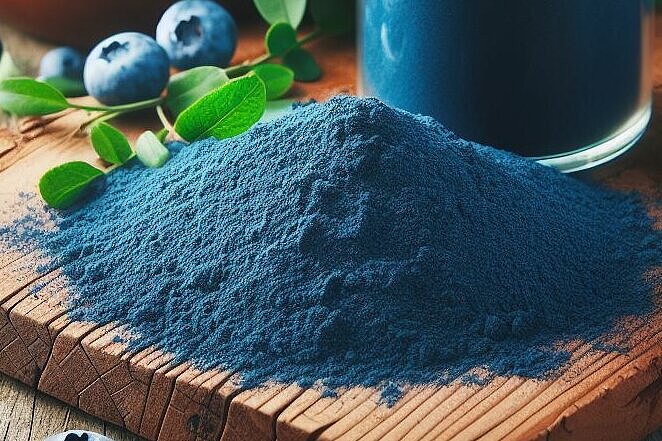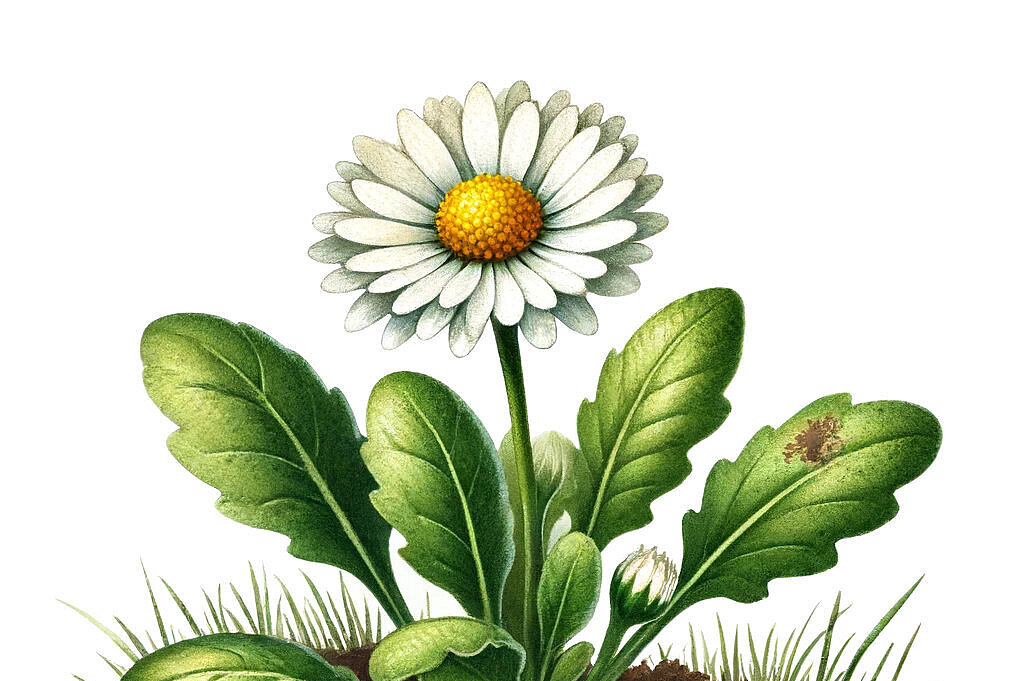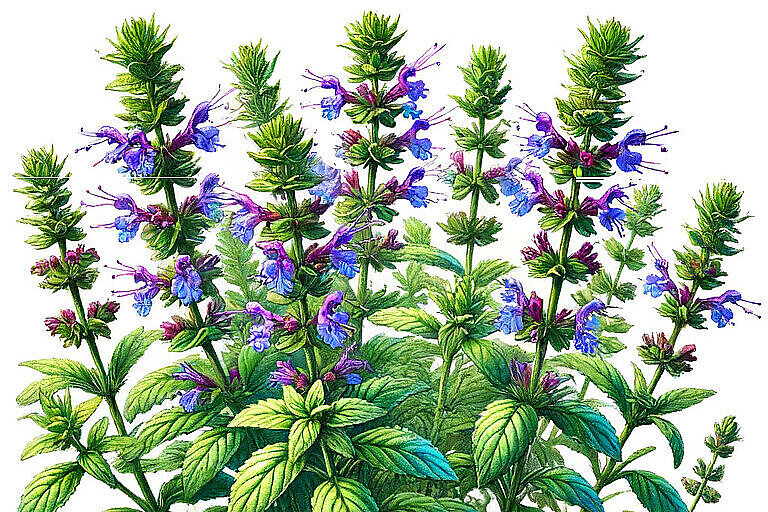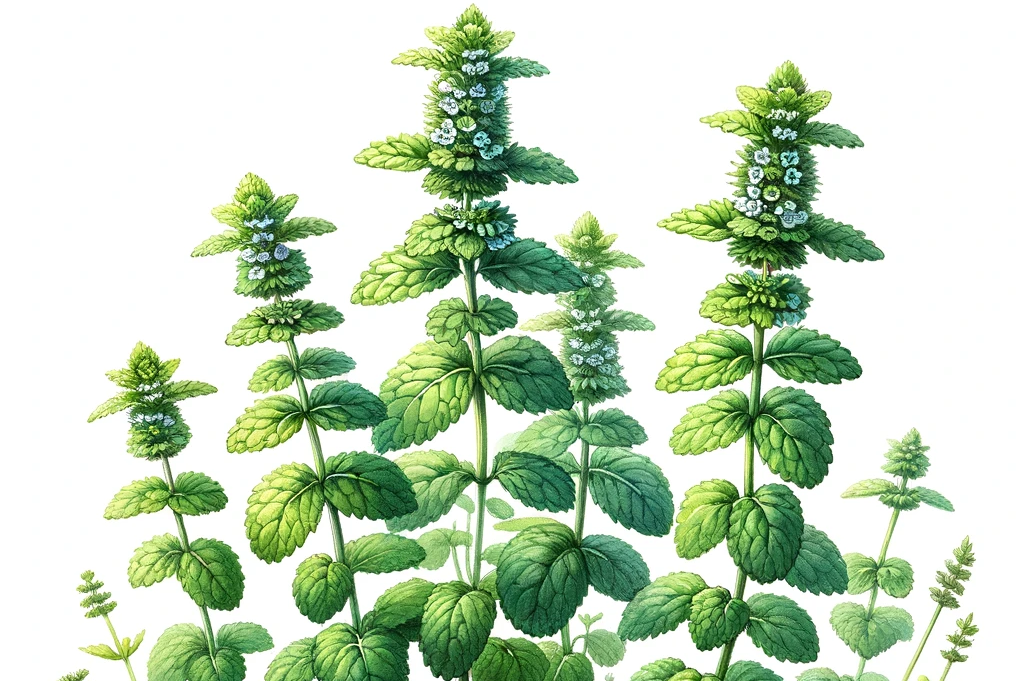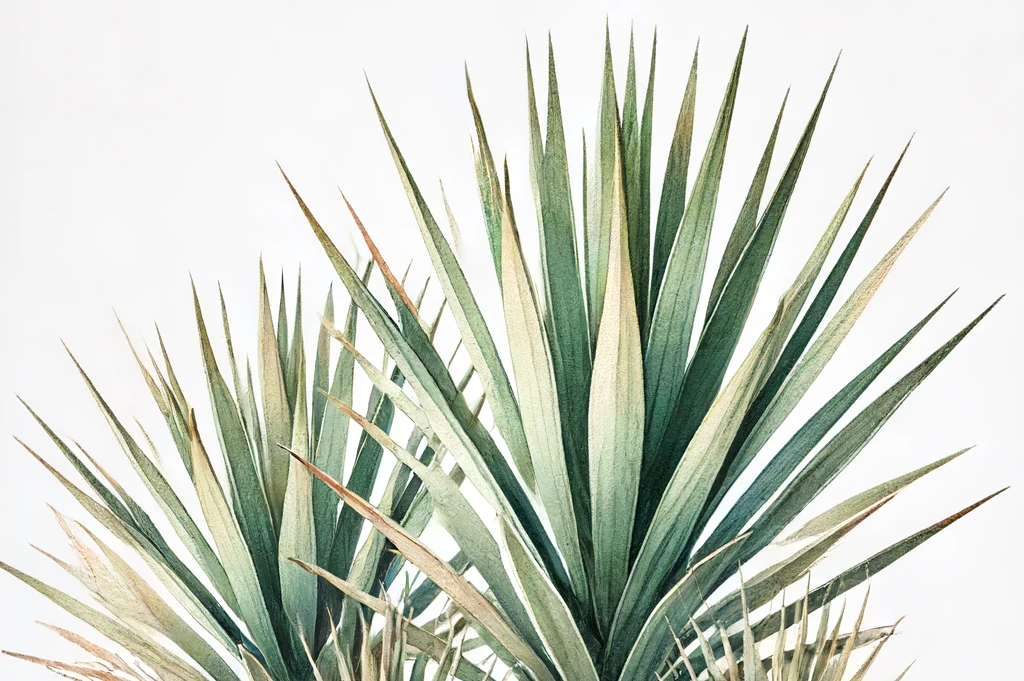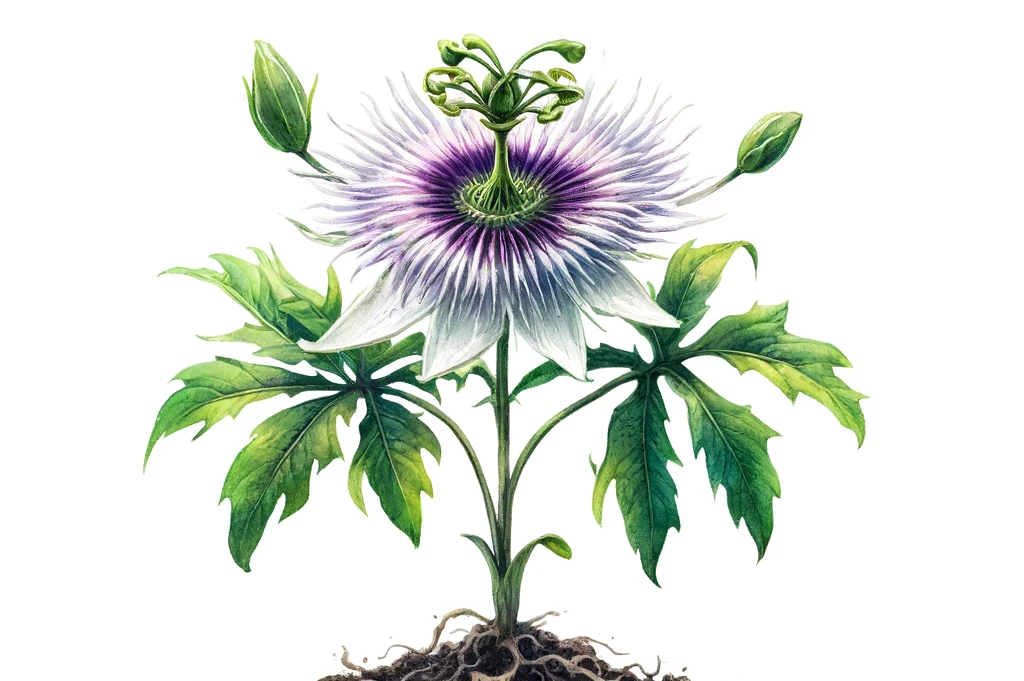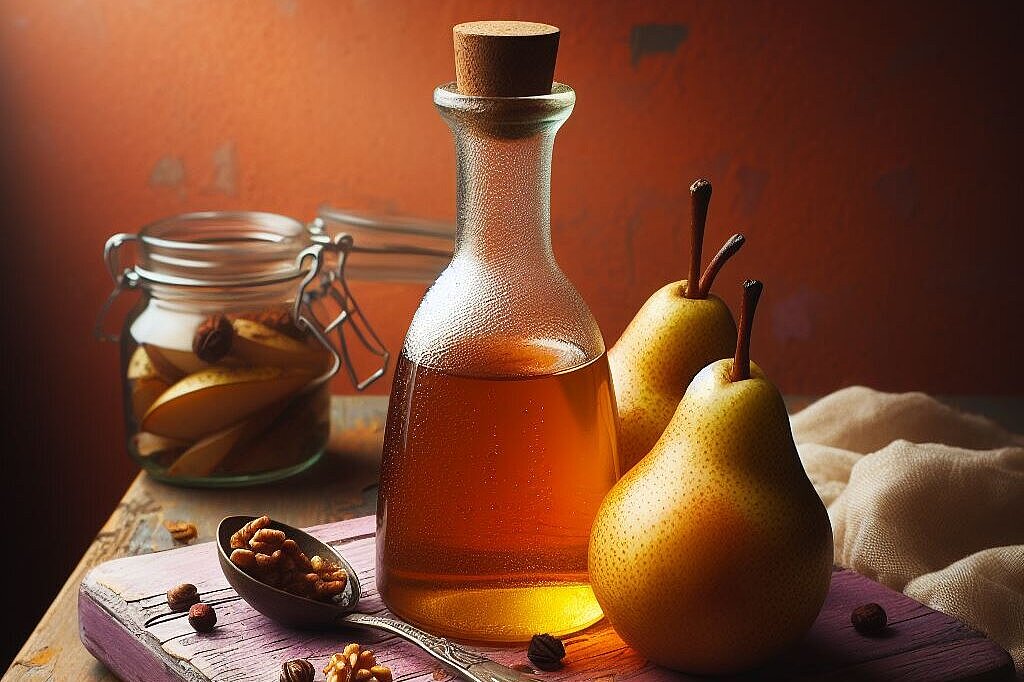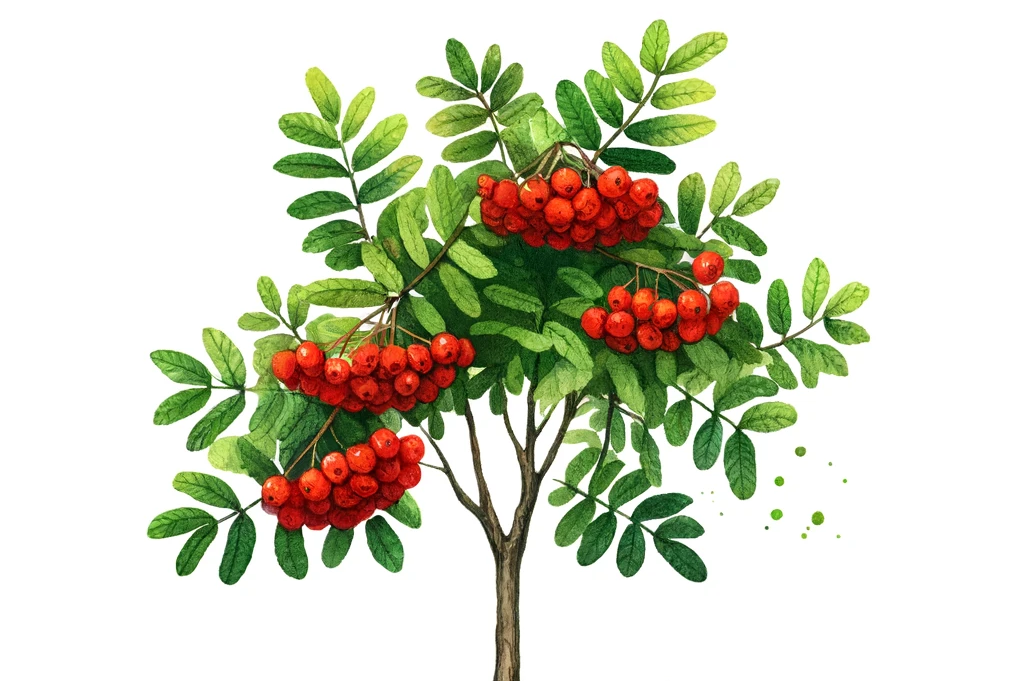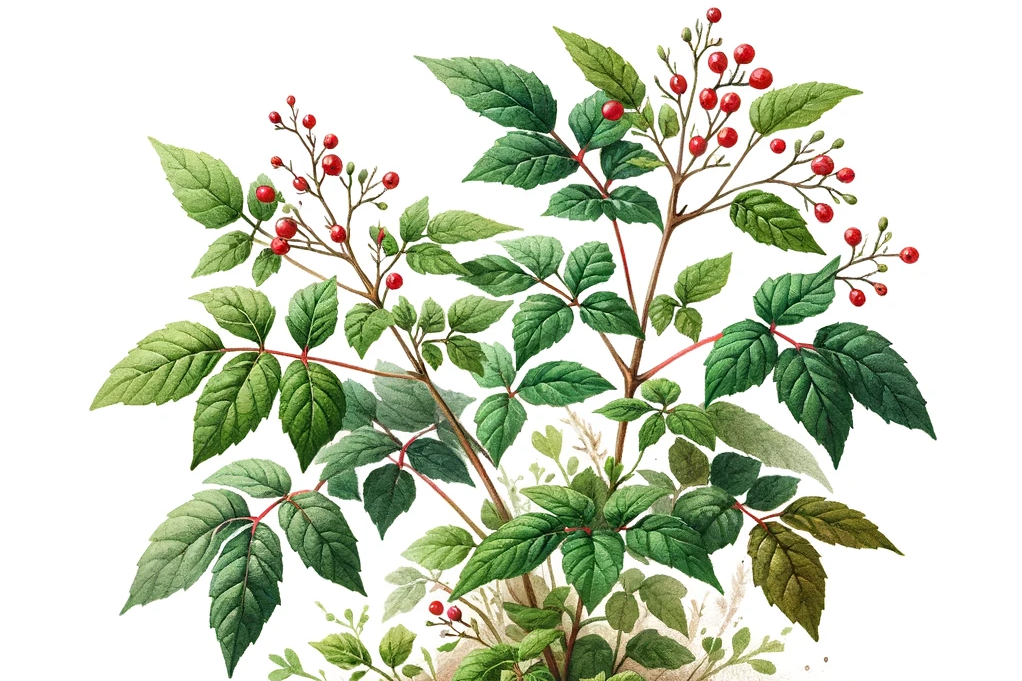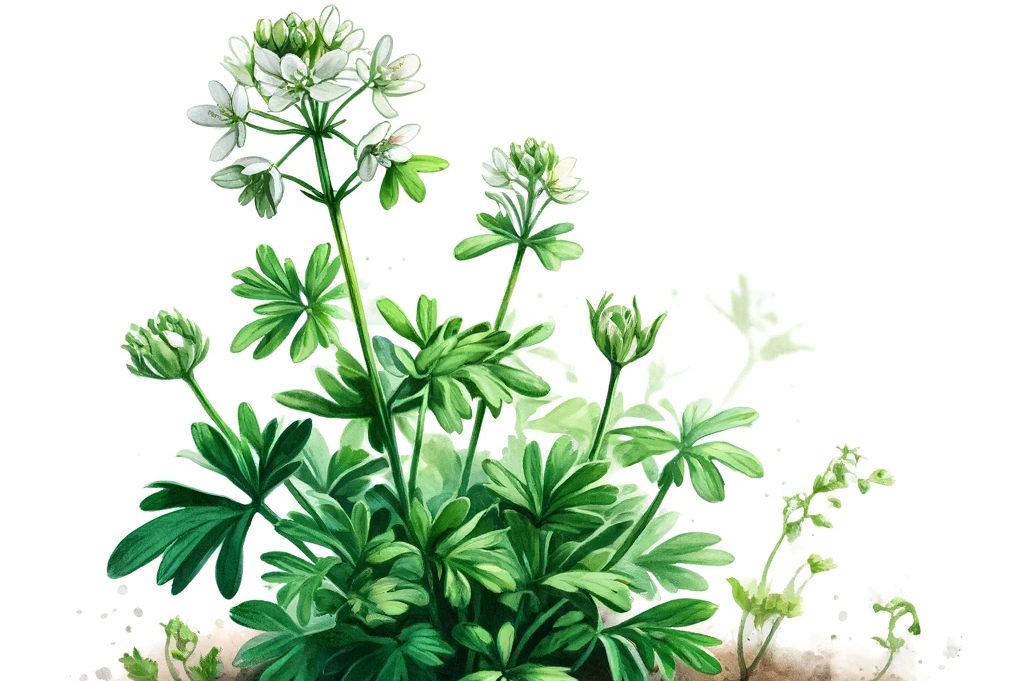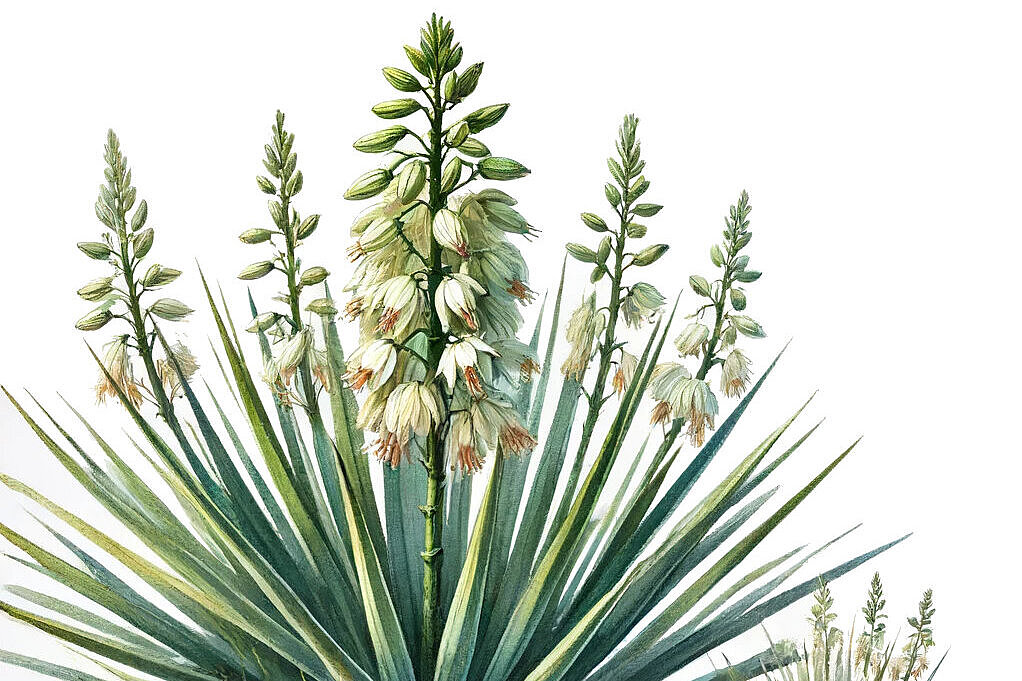Natural source of phytochemicals
"Natural source of phytochemicals" means that the food contains ingredients that are naturally rich in these compounds. Secondary plant compounds are bioactive substances found in plants that can provide various health benefits. They are not directly involved in the growth and development of the plant, but fulfill protective and defensive functions.
For your dog, these substances can have antioxidant, anti-inflammatory and immunomodulating effects. These include, for example, carotenoids, flavonoids and polyphenols. They support general health, can strengthen the immune system and help to reduce the risk of chronic diseases. So if you choose dog food that is labeled as a natural source of phytochemicals, it will contribute to your dog's holistic nutrition and health.
